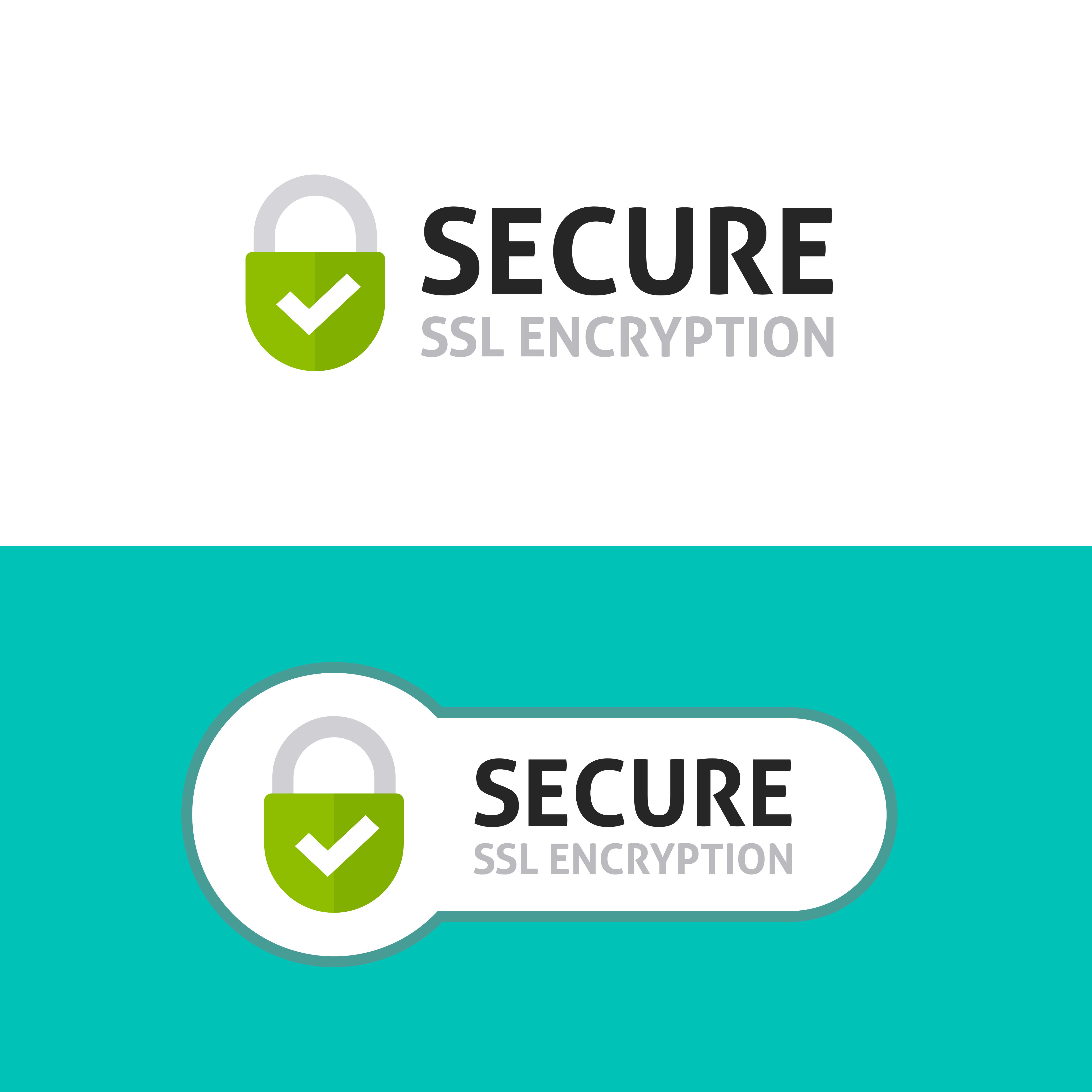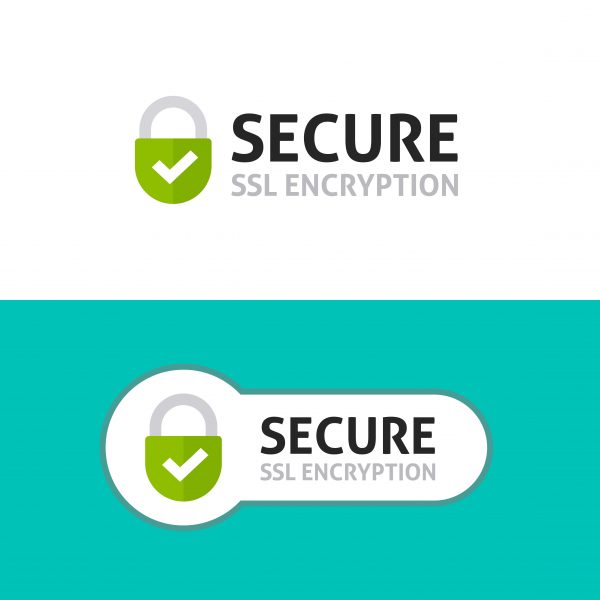SSL stands for Secure Sockets Layer and is the standard security protocol and technology for establishing encrypted links between a web server and a web browser. It’s also called Transport Layer Security (TLS) and its primary purpose is to provide privacy and data integrity between two communicating computer applications or devices. The encryption ensures that all data transferred are secure and hid from prying eyes.
Its become a basic requirement for websites to have SSL. Most web browsers will flag a website without SSL as insecure, meaning you should probably not enter personal info on such a website. This is very useful on E-commerce websites and other sites that require you to enter sensitive information. Several versions of the protocol are used in Email, Internet faxing, instant messaging, and voice-over-IP (VoIP).
SSL Certificate
SSL or TLS (Transport Layer Security) certificates are small data files that digitally bind a cryptographic key to the details of an organization. When SSL/TLS certificate is installed on a web server, it activates the security padlock on the address bar, and the website’s URL is prefixed with “https” instead of “http”. Websites with an extended validation (EV) SSL certificate will also show a green address bar.
An SSL Certificate will contain your domain name, the name of your company and other things like your address, your city, your state and your country. It would also show the expiration date of the SSL and details of the issuing Certificate Authority (CA).
It’s imperative that your SSL/TLS certificate is digitally signed by a trusted CA, like DigiCert, Comodo, CloudFlare, Global Sign GMO, etc. This is very important because web browsers come with a pre-installed list of trusted CAs, known as the Trusted Root CA store, and any CA that is not listed there will not be accepted, hence your website or server will still be labelled insecure.
How to get SSL Certificate
You can get a certificate by creating a Certificate Signing Request (CSR) on your server, then send the CSR data file to the certified SSL Certificate issuer. When you receive the SSL certificate, you can then install it on your web server. You can also seek the help of a networking professional.
Why do you Need SSL?
Performance: Having SSL on your server can boost page load times, and improve the performance of your site generally.
Search Ranking Boost: Search engines like Google favour websites with HTTPS over those with HTTP only.
Security: Most importantly, encrypting traffic with SSL ensures nobody can snoop on your users’ data and steal their information.
Trust: SSL ensures users can trust your site. By visual signs like displaying a green lock in the browser’s address bar, or having Https, users will know that your site is secure.
Standard Regulatory Compliance: It’s required by the Payment Card Industry (PCI) that if your site collects credit card information you must have an SSL certificate. If your site has a log-in section or sends/receives other private information (street address, phone number, health records, etc.), you should use Extended Validation SSL certificates to protect that data.
SSL certificates may come at a price, but it is an important step for all web admins to take, in order to ensure that users can enjoy a better and more secure internet.


